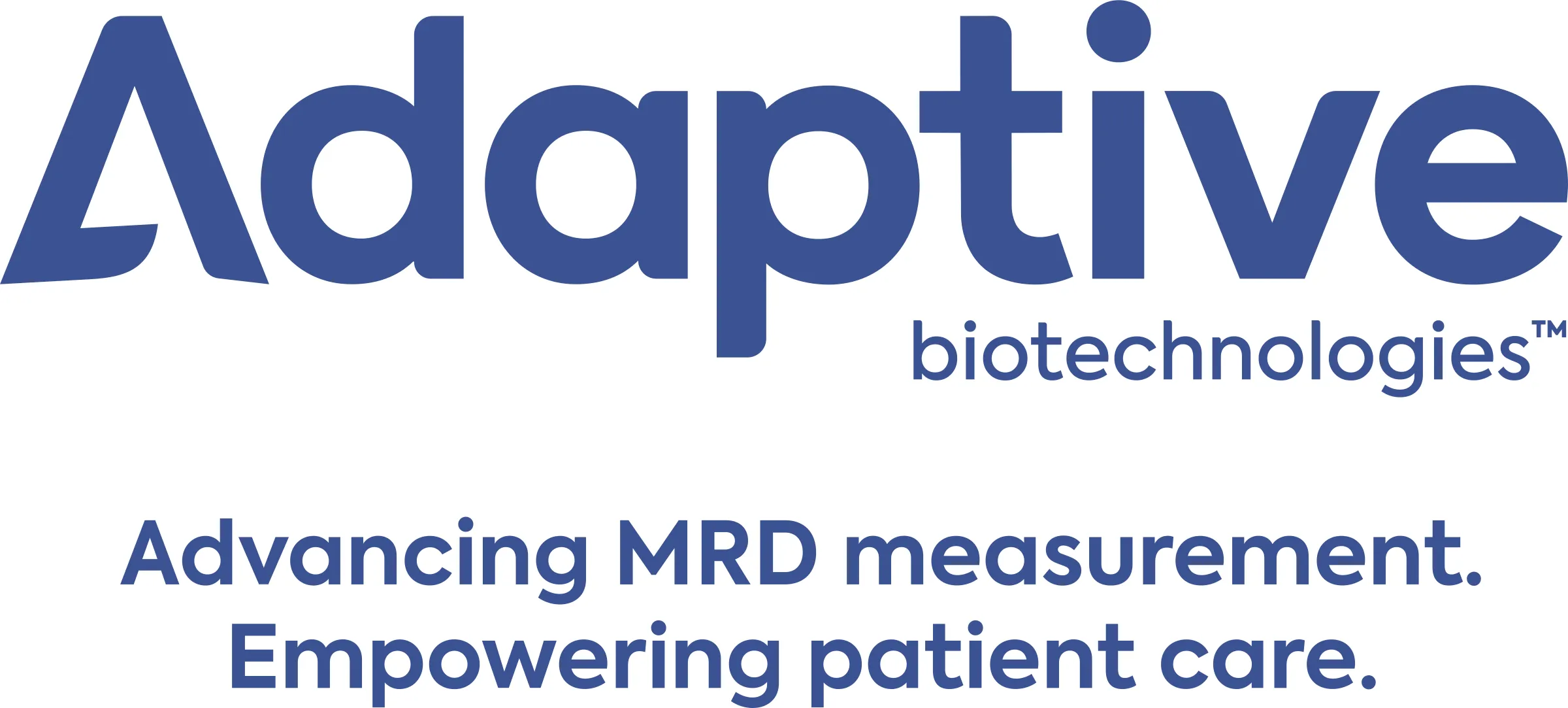The First Medication To Treat CD19+ Acute Lymphoblastic Leukemia

Vironexis Biotherapeutics has received FDA (U.S. Food and Drug Administration) clearance application for VNX-101, an “adeno-associated virus (AAV) vector-based gene therapy, enabling a phase 1/2 clinical trial in CD19+ acute lymphoblastic leukemia”.
AAV gene therapy uses adeno-associated viruses (AAVs) designed to deliver genetic material to human cells. AAVs are a primary form of gene therapy because they can be engineered to deliver DNA to target cells.
What Is VNX-101?
It is designed to treat CD19-positive acute lymphocytic leukemia (ALL).
This gene therapy:
-
Is designed to secrete anti-CD19 diabody (also known as GP101).
-
GP101 induces T-cells to kill both benign and malignant B-cells.
-
This IV infusion induces the liver and key tissues to continuously secrete GP101 into the bloodstream.
-
VNX-101 provides a more gentle onset of action than CAR-T therapy.
-
It engages T-cells continuously (including those freshly produced from the bone marrow).
VNX-101 is intended to convert liver cells, causing them to express a coding for a bispecific T-cell engager. This T-cell engager, which binds to CD19 on tumor cells and CD3 on T-cells, is intended to begin the targeted killing of the cancer cells.
What Is The Phase 1/2 Trial?
A Phase 1/2 trial will begin at the end of 2024 (NCT06533579).
“This trial could be an important step in the broader application of AAV technology in cancer therapy, which has historically been used to treat rare genetic diseases.”
-
The first phase of the trial will work to find the correct dosing. Only patients with low-burden of disease will be tested.
-
The second phase will open up to sicker and younger patients to test its efficacy and safety. Long term follow up will be 6-15 years.
-
Before the trial begins, patients will receive chemotherapy to meet the dosing criteria.
-
To read about recruitment requirements, go HERE.
Conclusion
Work from Vironexis Biotherapeutics is providing hope for the future treatment of rare blood cancers. Their current pipeline includes more than ten product candidates for blood-based cancers, solid tumor metastasis prevention, and a cancer vaccine.
“We believe we have the opportunity to dramatically improve upon the safety, efficacy and durability of these drug classes, while streamlining manufacturing and significantly lessening the burden of treatment for patients.”
The team continues,
“We believe the most powerful drug in the world is the human immune system. Technologies that are able to effectively harness that power to fight cancer will be the future. We are already seeing this broadly in the field and strongly believe in safer and more effective therapies.”
To learn more about ALL and current news and events, click here.
Vironexis Biotherapeutics has received FDA (U.S. Food and Drug Administration) clearance application for VNX-101, an “adeno-associated virus (AAV) vector-based gene therapy, enabling a phase 1/2 clinical trial in CD19+ acute lymphoblastic leukemia”.
AAV gene therapy uses adeno-associated viruses (AAVs) designed to deliver genetic material to human cells. AAVs are a primary form of gene therapy because they can be engineered to deliver DNA to target cells.
What Is VNX-101?
It is designed to treat CD19-positive acute lymphocytic leukemia (ALL).
This gene therapy:
-
Is designed to secrete anti-CD19 diabody (also known as GP101).
-
GP101 induces T-cells to kill both benign and malignant B-cells.
-
This IV infusion induces the liver and key tissues to continuously secrete GP101 into the bloodstream.
-
VNX-101 provides a more gentle onset of action than CAR-T therapy.
-
It engages T-cells continuously (including those freshly produced from the bone marrow).
VNX-101 is intended to convert liver cells, causing them to express a coding for a bispecific T-cell engager. This T-cell engager, which binds to CD19 on tumor cells and CD3 on T-cells, is intended to begin the targeted killing of the cancer cells.
What Is The Phase 1/2 Trial?
A Phase 1/2 trial will begin at the end of 2024 (NCT06533579).
“This trial could be an important step in the broader application of AAV technology in cancer therapy, which has historically been used to treat rare genetic diseases.”
-
The first phase of the trial will work to find the correct dosing. Only patients with low-burden of disease will be tested.
-
The second phase will open up to sicker and younger patients to test its efficacy and safety. Long term follow up will be 6-15 years.
-
Before the trial begins, patients will receive chemotherapy to meet the dosing criteria.
-
To read about recruitment requirements, go HERE.
Conclusion
Work from Vironexis Biotherapeutics is providing hope for the future treatment of rare blood cancers. Their current pipeline includes more than ten product candidates for blood-based cancers, solid tumor metastasis prevention, and a cancer vaccine.
“We believe we have the opportunity to dramatically improve upon the safety, efficacy and durability of these drug classes, while streamlining manufacturing and significantly lessening the burden of treatment for patients.”
The team continues,
“We believe the most powerful drug in the world is the human immune system. Technologies that are able to effectively harness that power to fight cancer will be the future. We are already seeing this broadly in the field and strongly believe in safer and more effective therapies.”
To learn more about ALL and current news and events, click here.

about the author
Lisa Foster
Lisa Foster is a mom of 3 daughters and 1 perfect grandchild, a puzzle lover, writer and HealthTree advocate. She believes in the mission of the foundation and the team that builds it forward. She calls Houston, Texas home.
More on Treatment Advances
Trending Articles
Get the latest thought leadership on your Blood Cancer delivered straight to your inbox
Subscribe to the weekly newsletter for news, stories, clinical trial updates, and helpful resources and events with cancer experts.
Thanks to our HealthTree Community for Blood Cancer Sponsors:

















